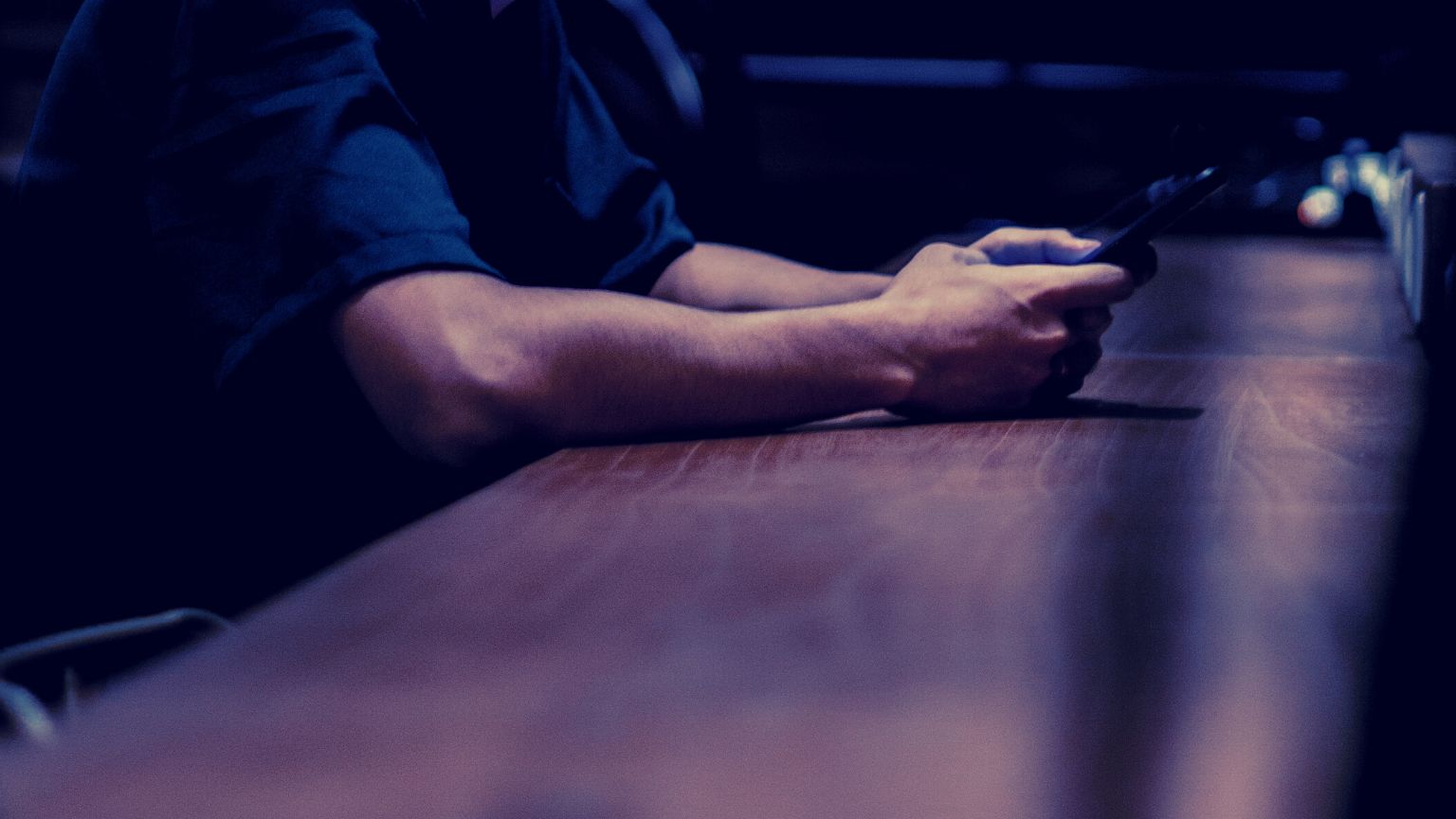The UK’s controversial Online Safety Bill has a section that would make sharing “pornographic deepfakes” without consent a criminal offense in England and Wales. This would involve digitally putting someone’s face on a naked body.
The bill seeks to address the rise in manipulated explicit images, where a person’s face is superimposed on another person’s body.
Current legislation requires proving that the images were shared to “cause distress.”
However, the proposed law does not require the prosecution to prove that someone intended to cause harm, potentially leaving the door open for jokes to be prosecuted.
According to the government, one in 14 people in England and Wales have been threatened with their intimate images being shared online. It added that there is a global concern about deepfake technology being used to create fake pornographic images. A website that creates nudes from clothed photos had 38 million visits in 2021.
The Law Commission asked the government to reform the law to ensure all forms of sharing intimate images without consent are criminalized. It made several recommendations, including a law against “downblousing” (taking images down a woman’s top without consent).
Announcing the new measures, Justice Secretary Dominic Raab said the government admitted that there are gaps in existing laws, adding that he wanted to “give women and girls the confidence that the justice system is on their side and will really come down like a ton of bricks on those who abuse or intimidate them.”
The justice ministry is considering giving victims of intimate image abuse anonymity, like victims of rape. The Law Commission recommended anonymity to encourage these victims to report.






















